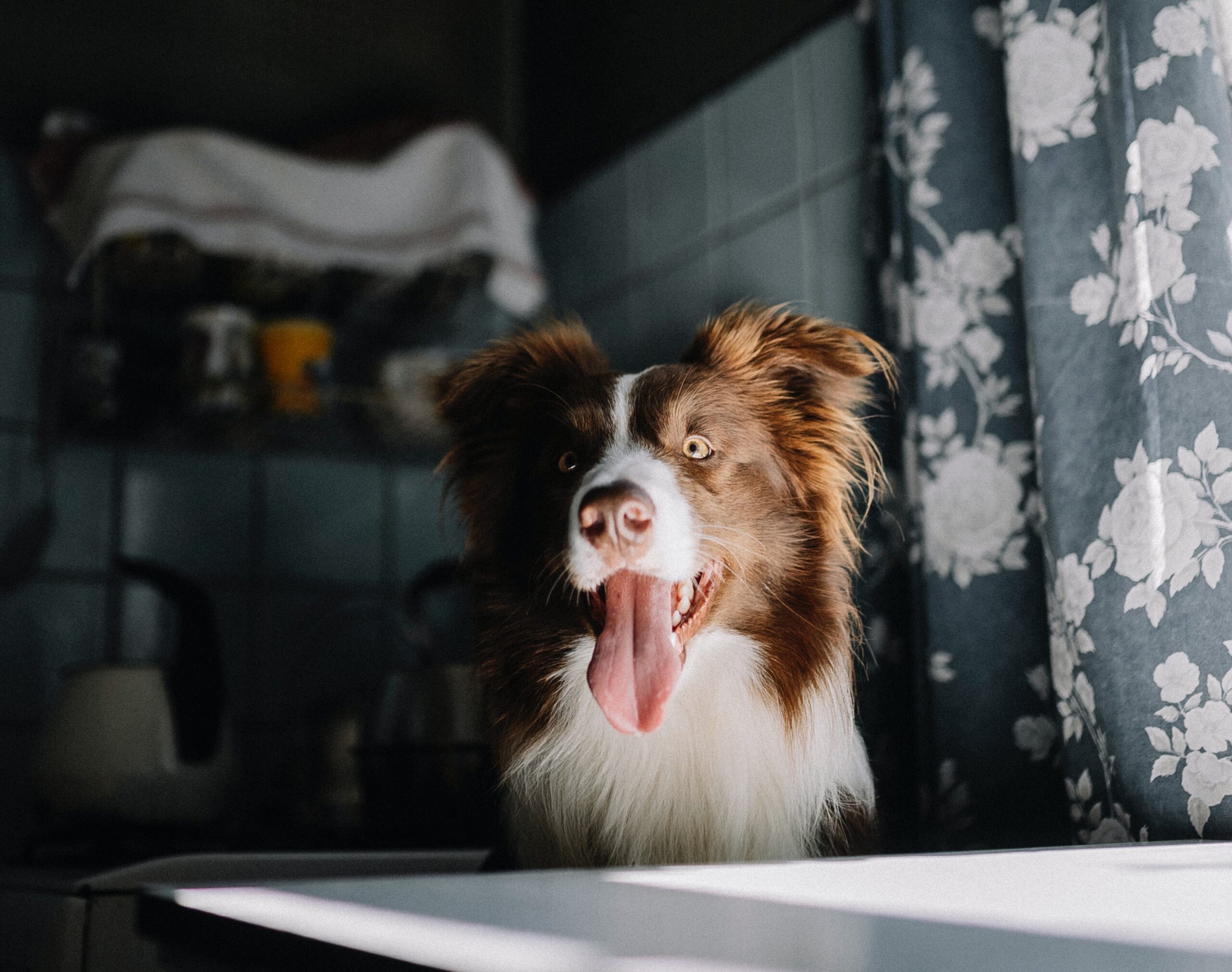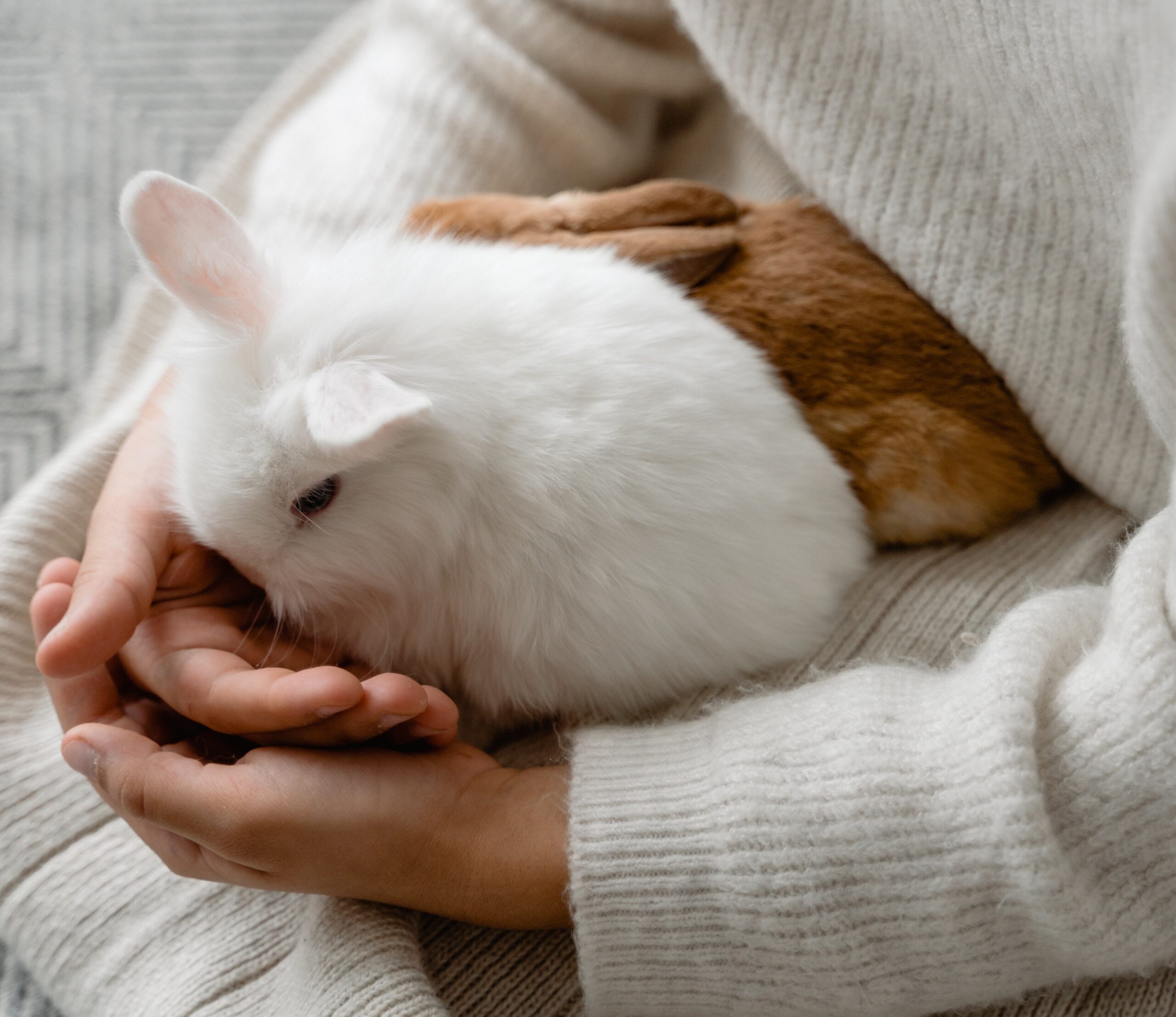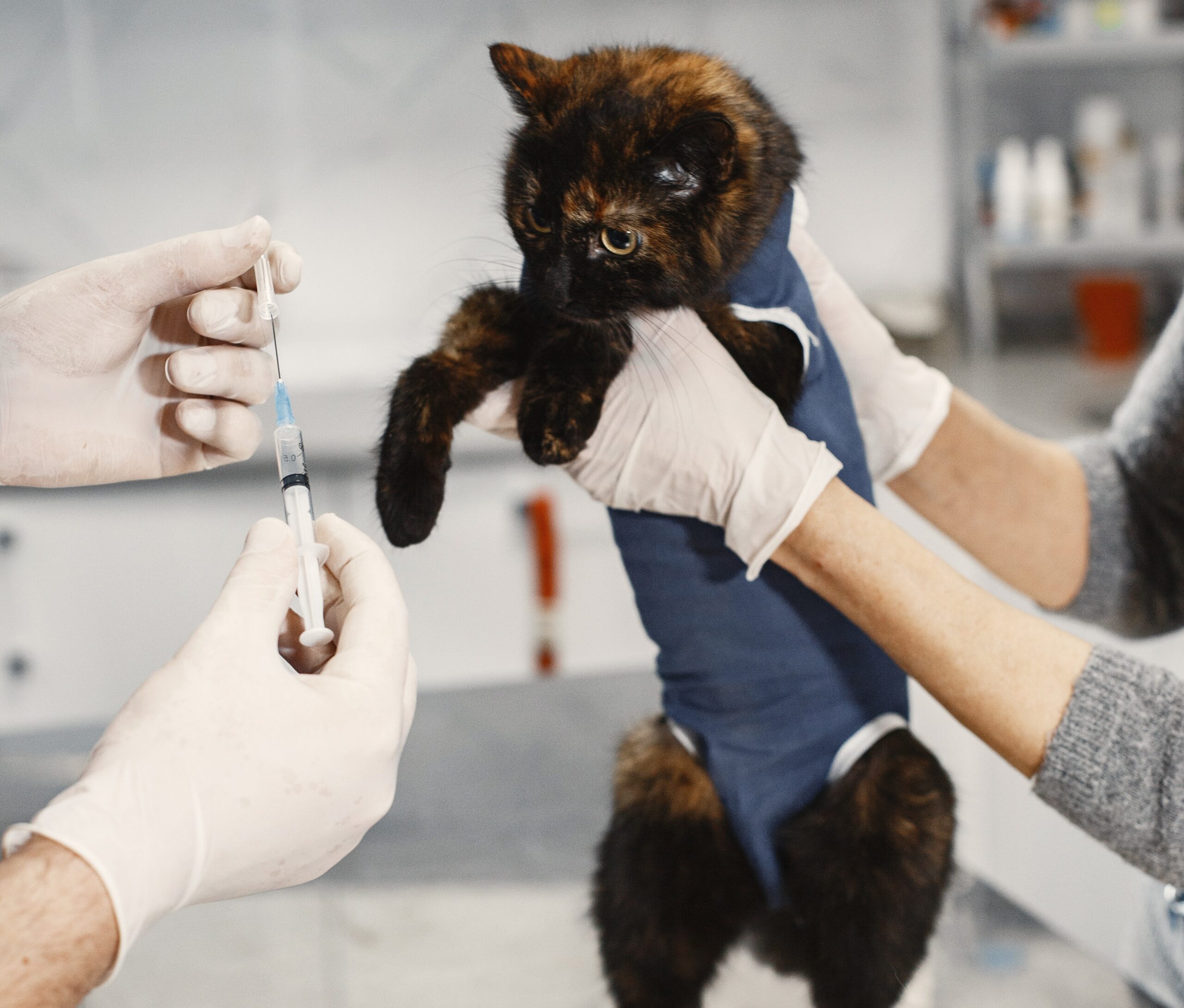Pet Vaccine Storage and Handling: A Guide for Pet Owners
As a responsible pet owner, it’s important to make sure your furry friends are protected from preventable diseases. Vaccines are an essential tool in achieving this goal. However, proper storage and handling of pet vaccine are crucial to ensure their efficacy and safety.
Read on to know the best practices for pet vaccine storage and handling.
Why is Proper Vaccine Storage and Handling Important?
Vaccines are biological products that contain live or killed microorganisms or their parts, which are highly sensitive to temperature, light, and humidity. Improper storage and handling of vaccines can compromise their quality, reduce their potency, and increase the risk of adverse reactions. This can lead to inadequate protection against diseases or even harm to the pets.
What are the Best Practices for Pet Vaccine Storage and Handling?
- Store Vaccines at the Appropriate Temperature
Most pet vaccines need to be stored between 35°F and 46°F (2°C and 8°C) to maintain their potency. This temperature range is commonly referred to as the “cold chain.” Freezing or overheating vaccines can damage them, rendering them ineffective or even harmful. Therefore, you should always keep vaccines in a refrigerator that is dedicated solely to vaccines and is equipped with a thermometer and a temperature alarm. Check the temperature regularly and immediately take action if it falls outside the recommended range.
- Protect Vaccines from Light and Heat
Some vaccines are light-sensitive, meaning they can degrade quickly when exposed to light. Keep them in their original packaging or a dark, opaque container to shield them from light. Also, avoid exposing vaccines to direct sunlight or heat sources, such as radiators, heaters, or microwaves. These can cause the vaccines to overheat or become too cold, which can damage them.
- Follow the Manufacturer’s Instructions
Each vaccine has specific storage and handling instructions that you should follow carefully. These instructions can vary depending on the type of vaccine, the brand, and the species of pet. Make sure you read and understand the manufacturer’s label before storing and administering the vaccine. Also, don’t use expired or damaged vaccines, as they can be ineffective or even harmful.
- Transport Vaccines Properly
If you need to transport vaccines, make sure you use a cooler that is insulated and capable of maintaining the appropriate temperature range. Pack the vaccines tightly in ice packs or frozen gel packs to keep them cool. Also, avoid exposing them to extreme temperatures during transit.
- Dispose of Vaccines Safely
Unused or expired vaccines can be hazardous waste, and you should dispose of them properly. Contact your local health department or veterinary clinic to learn about the guidelines for vaccine disposal in your area. Don’t throw them in the trash or pour them down the drain, as this can harm the environment and people.
Conclusion:
Proper vaccine storage and handling are critical to ensuring the health and safety of your pets. By following these best practices, you can help maintain the potency of vaccines and reduce the risk of adverse reactions. Always consult with your veterinarian about the best vaccination protocol for your pet and adhere to the recommended schedule. With proper care and attention, you can help protect your furry friends from preventable diseases.
You May Find Interest in…
Vaccine Reactions and Side Effects: What You Need to Know



